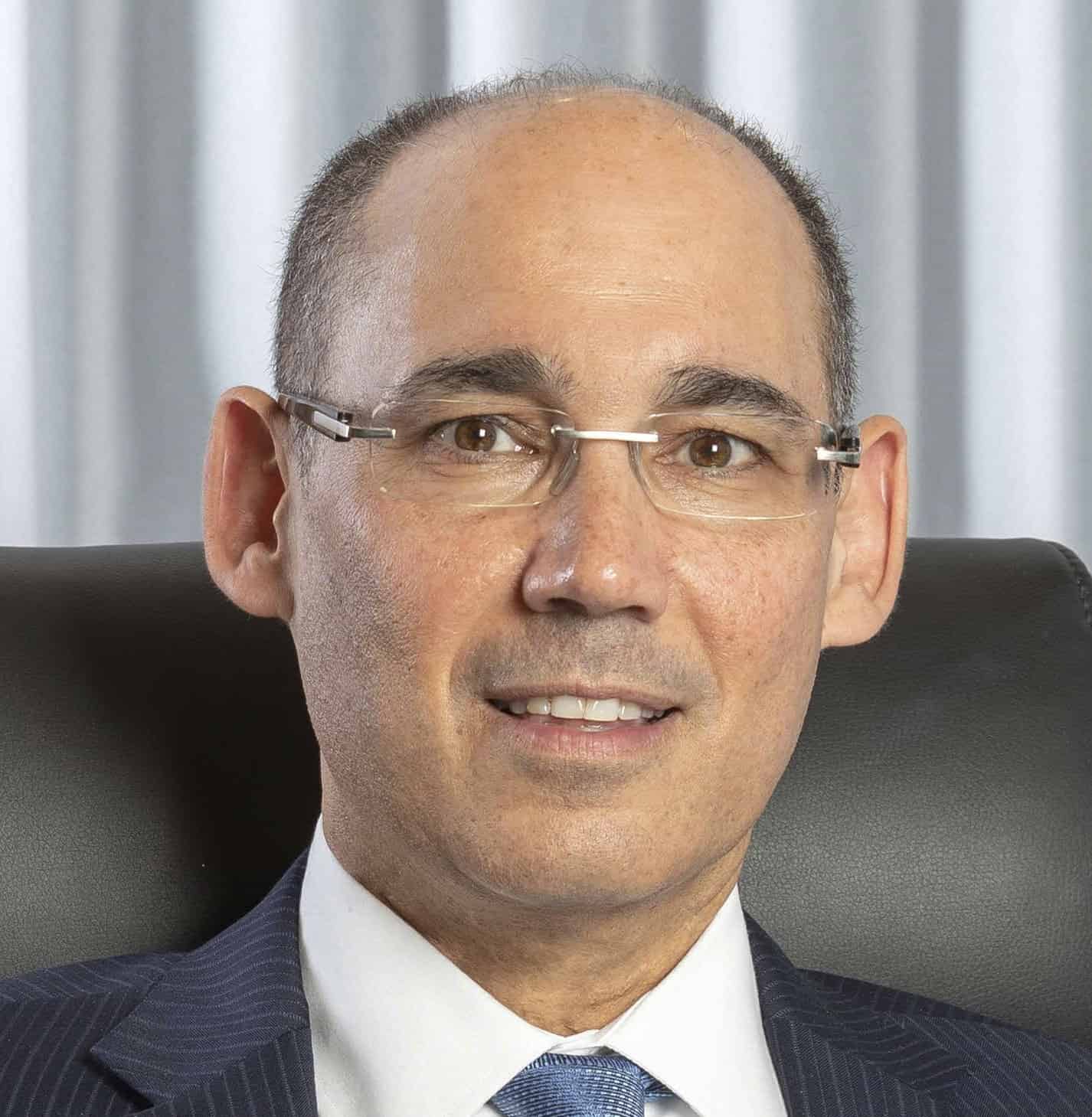Amir Yaron, governor of the Bank of Israel, speaks to Global Finance about the solidarity of Israel’s banking system and the challenges of his first term.

Global Finance: What are your expectations for Israel’s economy for the next 12 months? Why?
Amir Yaron: Israel has been one of the strongest-performing economies over the past few years and enjoys good fundamentals. As our latest macroeconomic forecast indicates, we expect the Israeli economy to grow by 3% in 2023 and 2024. Expectations are that inflation will moderate into the upper bound of our inflation target [1%-3%] in the first quarter of 2024. I expect the labor market to remain tight, and that the “start-up nation” will keep on spreading its innovative ideas around the globe. We do have to keep in mind that this forecast assumes the political dispute around the judicial reforms in Israel is resolved in a way that does not detrimentally affect the economy. As I’ve said before, such a resolution needs to preserve independence and strength of the institutions in a way that will be widely accepted across the political field.
GF: In the light of the banking crisis earlier this year for the US and Credit Suisse, what is your view on Israel’s banking system?
Yaron: The banking system in Israel is strong, stable, and demonstrates strong corporate governance, along with professional risk management. When comparing it to the banking crisis in the US and at Credit Suisse, it’s notable that the Israeli banking system is smaller, follows a conservative approach and maintains a low-risk appetite. Banking supervision assesses the stability of the system through various stress tests, which consistently confirm its stability. Stringent regulatory standards are enforced during day-to-day oversight to preserve the stability of the banking system and enhance public confidence in it. Our challenge is to enhance competition, improve conduct and service in the banking and credit industry while maintaining the system’s stability. I believe the many reforms we have implemented are significant strides toward these goals.
GF: If you could change one thing about Israel’s economy, what would it be?
Yaron: Obviously, in order to optimize any large system and, even more so, any large economic system, no sustainable change can occur overnight, but rather must be done systematically and methodically. If I needed to choose an area of the Israeli economy that I’d like to see get some major reforms, it’s the education system, which is tightly bound to the very source of economics—people, or human capital. Israel’s main resource is its people, and for the economy to thrive we need to improve the human capital of people across the board. The results of the PISA [Programme for International Student Assessment] exams in recent years are well below the OECD average. Education is the primary tool to maintain and enhance Israel’s growth. Education is a great social equalizer, and therefore it is important that everyone has access to it. All education systems within Israel need to provide core studies so that students have the tools to be productive in the labor market. The Bank of Israel has a unique role, as it serves as the economic adviser to the government, and as such we have been analyzing and providing specific ways to improve the system as well as highlighting and prioritizing it in all fiscal and budget discussions.
GF: Could you speak about possible reform for Israel’s central bank, and on your reappointment for a second term?
Yaron: I think there is an awareness that the independence of the Bank of Israel is a prerequisite for a strong and well-functioning economy. Moreover, the prime minister has made clear his commitment to the continued independence of the central bank. We are one of the institutions in Israel’s overall framework of checks and balances, and it is important that the balance that has served Israel well is sustained.
GF: What keeps you up at night?
Yaron: My current term as governor has had a variety of significant challenges: five elections, the Covid-19 crisis, Ukraine-Russia economic implications, inflation, and now the judicial changes, with a major social rift. These have not left ample hours of sleep.
GF: Do you think central banks should help fighting global warming?
Yaron: The role that central banks should play in addressing climate change and environmental risks remains an open question in the realm of climate risk management. On the one hand, central banks are not tasked with preventing global warming, prescribing environmental policies or typically possessing the authority and tools to tackle these issues. These responsibilities fall under the purview of governments and parliaments.
On the other hand, the Bank of Israel and other central banks bear direct responsibility for maintaining price stability, financial stability and the health of financial institutions. This necessitates their understanding of the economic implications of climate and environmental challenges and risks, and the implementation of regulations to mitigate these risks. This includes addressing exposure to risks associated with global warming and the negative sentiment surrounding environmentally unsustainable companies.
The Bank of Israel’s Banking Supervision Department issued several directives to the banking industry regarding awareness and management of these types of risks. We also joined the NGFS [Network for Greening the Financial System] and will continue to engage in this area. As I mentioned, the governor of the Bank of Israel holds a unique role as the economic adviser to the government. Within this role, the bank also publicly addresses economic questions pertaining to the government’s response to climate issues. These questions encompass considerations such as the implementation of a carbon tax, the balance between energy security, emissions reduction, and the cost of living, preparations for climate change adaptation, and more.



